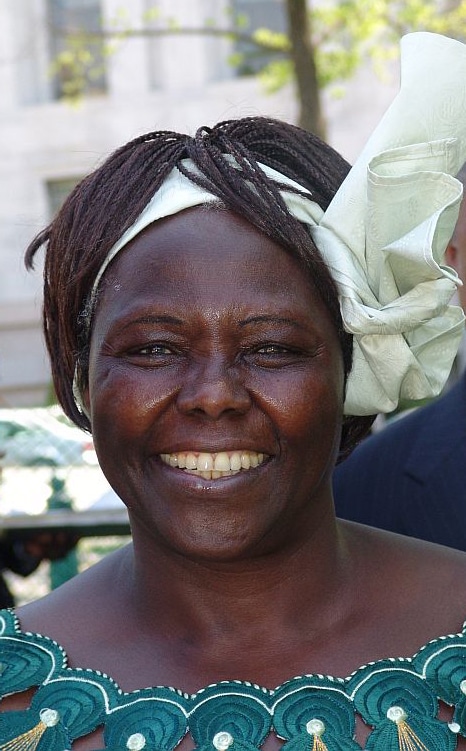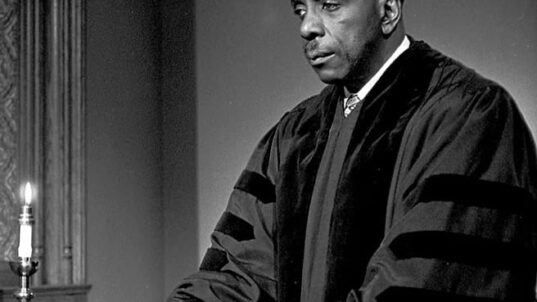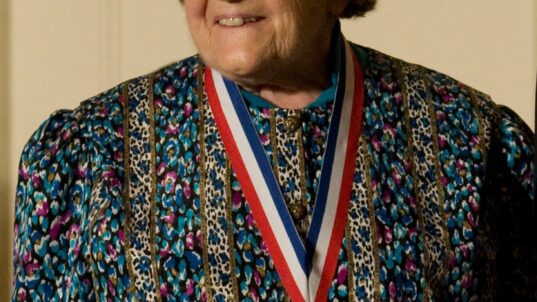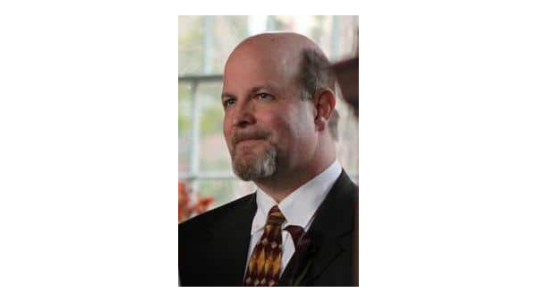
Wangari Maathai by Kingkongphoto & www.celebrity-photos.com,
CC BY-SA 2.0 via Wikimedia Commons
Wangari Maathai was born in a rural community in central Kenya in 1940. Wangari was an excellent student and was one of 300 students selected to study in the United States pursuant to the short-lived (1959-1963) Kennedy Airlift program. During her time in the US, Wangari earned both a Bachelors and Master’s degree in biology. While studying at the University of Pittsburgh for her Master’s, she was inspired by the efforts of local environmentalists to reduce the city’s air pollution. Environmental restoration was to become her life’s work.
Wangari returned to Kenya in 1966 and over the next few years, while starting a new career and a family, she also began studying for a doctorate. In 1971, Wangari became one the first black women in Africa to earn a Ph.D.
Later in the 1970s, and inspired in part by her husband’s political campaign to combat rising unemployment in Kenya and by her experience of environmental restoration while at the University of Pittsburgh, Wangari created a company called Envirocare. The company’s focus was on both reforesting Kenya and providing local jobs. Although Envirocare experienced financial problems, Wangari was invited to attend the first United Nations Conference on human settlements in Vancouver, British Columbia in 1976 (“Habitat I”). When she returned from this international conference, she renewed her efforts at tree planting and other forms of environmental restoration. These efforts helped start what became known as the Green Belt Movement (GBM) in Kenya, which is credited with planting over 51 million trees and has served as a model for grassroots action that can have transnational impact.
As part of her work with the GBM, Wangari also became an activist for democracy in Kenya. At the time, Kenya was governed by a single party, which opposed the Green Belt Movement because the planting of trees and community-based development promoted by GBM interfered with the commercial development plans of the party’s supporters. As a consequence, Wangari was repeatedly jailed for her refusal to compromise her vision of environmental restoration and local self-determination.
Following years of activism and struggle, Wangari was awarded the Nobel Peace Prize in 2004. She was the first African woman to be awarded the Peace Prize, and the Nobel Committee described her efforts as follows:
“Maathai stood up courageously against the former oppressive regime in Kenya. Her unique forms of action have contributed to drawing attention to political oppression – nationally and internationally. She has served as inspiration for many in the fight for democratic rights and has especially encouraged women to better their situation.”
In 2006, then Senator Barack Obama visited with Wangari in Kenya, where they planted a tree together. Senator Obama’s father had studied in America under the same program that brought Wangari to the US. Wangari continued to champion environmental causes until her death in 2011.
Wangari’s life and work is a much-needed antidote to those who say one person can’t make a difference. Her vision and her determination serve as examples of what one person can do. It would be easy to give up on that vision sitting in jail or being threatened. But one’s vision is one’s life, and to give up on that vision is to give up on one’s life purpose.
Just imagine what it might take to help young people across the world to develop their own vision of their life’s purpose? Just imagine how we can instill resilience in young people as they experience challenges? Just imagine how we can identify moments in our life where we recognize the contribution we can make to society?
* * *
I don’t really know why I care so much. I just have something inside me that tells me that there is a problem, and I have got to do something about it.” – Wangari Maathai
This is part of our “Just Imagine” series of occasional posts, inviting you to join us in imagining positive possibilities for a citizen-centered democracy.



